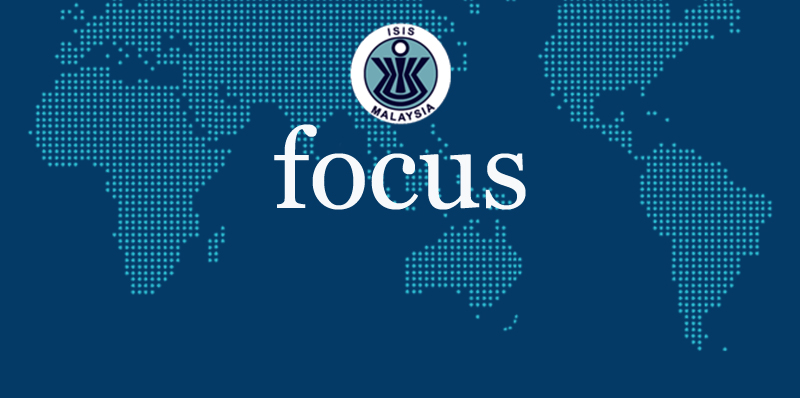The struggle against COVID-19 in the Philippines is expected to be extended, with the peak of the pandemic yet to be reached. How then would the “new normal” influence the nation’s foreign policy?
BY CHARMAINE MISALUCHA-WILLOUGHBY
The existential threat that is the COVID-19 pandemic immediately rose to the top of the global security agenda. In the Philippines, the first case was reported on 30 January 2020 and increased steadily by the start of March through local transmission. President Rodrigo Duterte placed the country under a state of public health emergency on 8 March, but placed Metro Manila under a community quarantine from 15 March to 14 April that was later extended to 15 May. The lockdown entails restrictions on people’s movement (strict home quarantine and social distancing) and travel, as well as the closure of major business establishments.
The police and the military have been tasked to enforce the quarantine and to deal with violators accordingly, thereafter prompting the United Nations to express concerns over the Philippines’ “highly militarised response”. Despite these measures, the number of cases in the country is now upwards of 9,000 with over 600 deaths. With the pandemic yet to reach its peak, it remains to be seen if the Philippines’ response works best to contain the outbreak and flatten the curve of transmission.
What is certain is that once the lockdowns are lifted in various parts of the world, life will take on a different kind of “normal”. In this “new normal”, there are two aspects that have the potential to impact the Philippines’ foreign policy.
First, the pandemic casts a spotlight on the significance of non-traditional security issues. The COVID-19 pandemic definitively exposes the arbitrariness of the line that divides “high politics” from “low politics”. Indeed, the way that the Philippines securitised the virus is evidence that pandemics are now seen as clear and present dangers. This is not unprecedented considering that other countries responded the same way to the “war” on HIV/AIDS, SARS and H1N1. The breadth and depth of the COVID-19 phenomenon, however, exposes that containing its spread is hinged on the underlying but critical role of biosecurity and food security.
For the Philippines, the “new normal” demands better healthcare facilities and more subsidies for the agricultural sector, which can minimise supply chain disruptions and thereby ensure safety nets in the provision of public goods and access to social services. The “new normal” likewise requires better cyber infrastructures and capacities to allow access to technologies for different groups in society.
Thus, non-traditional security issues illustrate that at best, highly militarised responses are effective only in the short-term. In the long run, this national security response is more difficult to sustain than an incremental but directed move towards a more developmental response. Moreover, securitising the pandemic – or any issue for that matter – is steeped in politics and the exercise of power, and so the longer it is in effect, the harder it will be to maintain.
The prominence of COVID-19 notwithstanding, the “new normal” still retains the Philippines’ traditional security concerns. Amid novel coronavirus concerns, tensions in the South China Sea sparked anew with China’s deployment of a survey ship in April 2020. This came on the heels of other activities, including the sinking of a Vietnamese fishing boat on 2 April, deploying the aircraft carrier Liaoning on 13 and 28 April, and naming features in the contested waters on 20 April.
While the United States has around 1 million cases of COVID-19 and 64,000 deaths, it must also grapple with the politics of the 2020 elections. In short, although it is business as usual in great power competition, the Philippines’ foreign policy is inevitably impacted by the US-China relations, not least because of Duterte’s policy has oscillated from balancing to hedging to bandwagoning. The Duterte administration must inevitably craft a response to temper expectations amid stalled Chinese projects because of the pandemic. At the same time, the country’s alliance with the United States, which was derailed a bit following a cancelled visa issue in February 2020, needs to be brought back on track. This delicate balancing act needs to be done in cognisance of the upcoming 2022 presidential elections.
Hence, the attendant issues of the “new normal” require fundamental changes from the Philippines, although whether these changes are feasible is more of a question of political will. The country ultimately needs to develop resilience by improving its governance capacities. This, in turn, can lead to the refinement of its foreign policies and the enhancement of its international relations.
Charmaine Misalucha-Willoughby is Program Convener at Asia Pacific Pathways to Progress, and Associate Professor in International Studies Department, De La Salle University, Manila, the Philippines





